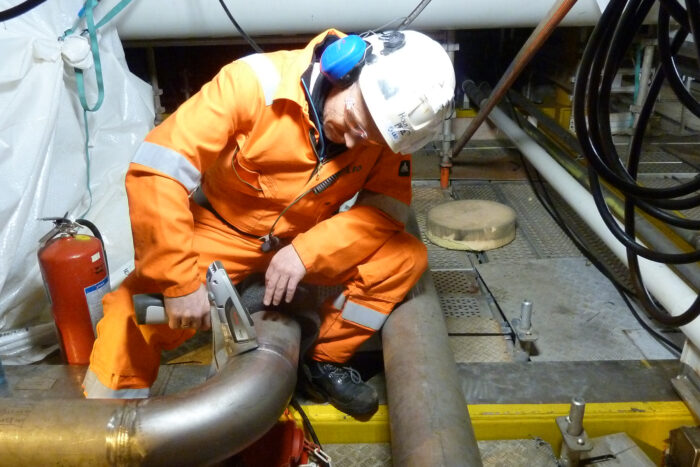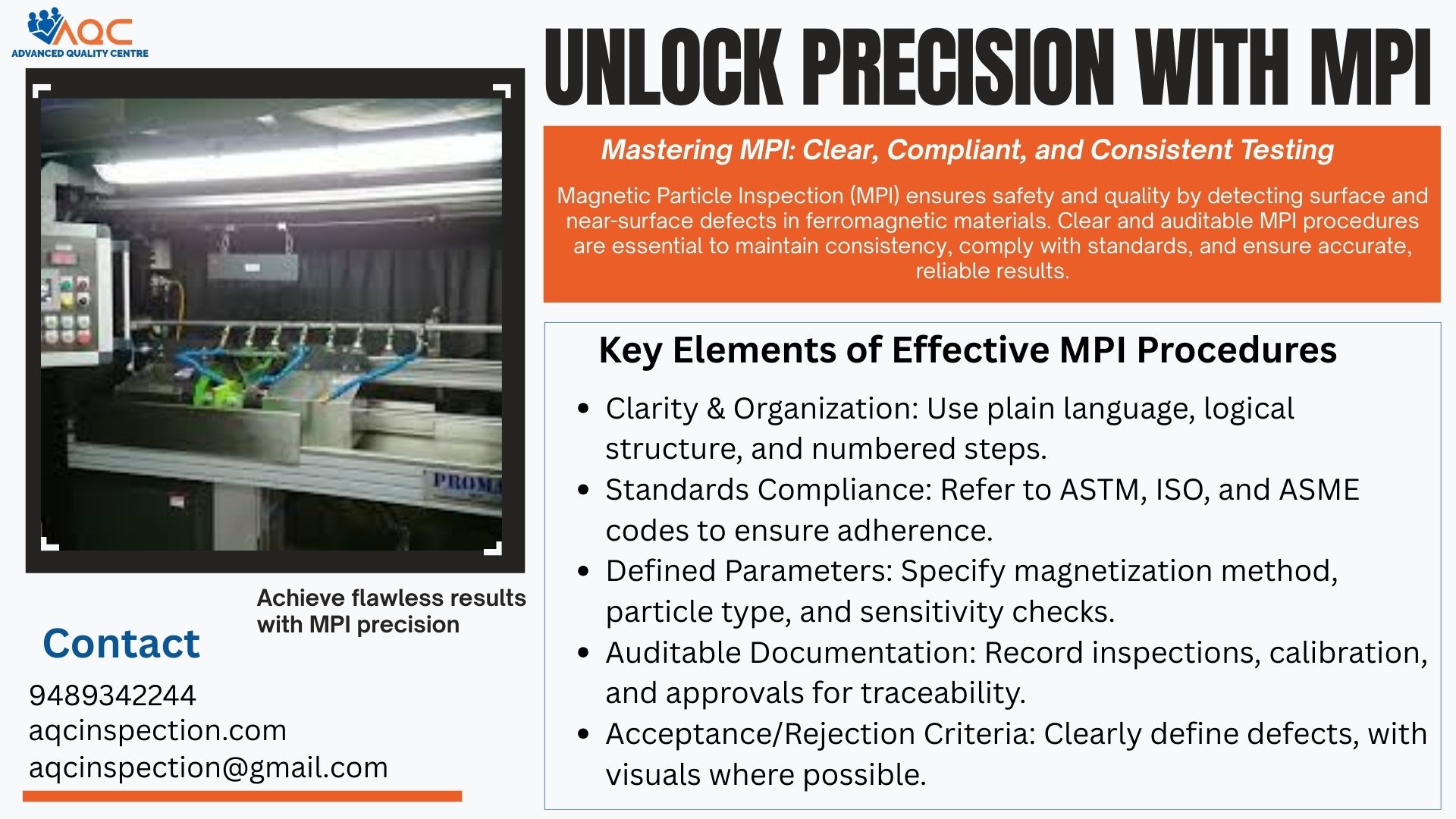Get the Difference between Destructive and Non Destructive testing here:
Non Destructive Testing (NDT):
NDT is industrial method for analyzing the characteristics of material or finding the discontinuities in the material & Weld joints, without damaging the material.
NDT is otherwise called as, Non Destructive Evaluation –NDE. Non Destructive Inspection (NDI) and it a quantitative analysis method.
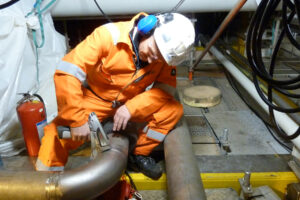
Destructive Testing :
Destructive Testing is a Qualitative analysis method, to find the quality of the material such as Tensile strength, Elongation property, hardness value, Impact toughness, etc.
The above mentioned qualitative properties cannot be found using NDT methods. Because in order to find the mechanical properties, it is required to apply load on the material. The load deforms the material making them not usable.
But NDT Methods are used in such a manner, that the material can be reused after the testing.
Few of the NDT Methods which are used in industries for Defect detection in materials are given below:
Ultrasonic Testing – UT – uses high frequency sound which are not audible to human ears , to find internal defects of any material.
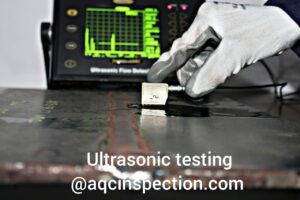
Liquid Penetrant Testing (PT)– uses Die penetrant and developer powder, to find surface defects in any material.
Magnetic Particle Testing (MT)/(MPI)/(MPT) – Uses Magnetic Filed to find defects in Surface and Near Surface in Ferromagnetic materials only.
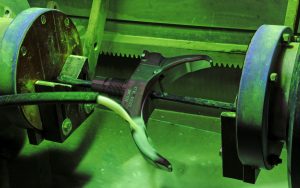
Radiography Testing (RT) / X-Ray – uses penetrating electromagnetic radiation of high frequency to capture image of any material in order to view defects in surface, near surface and internally.
Eddy Current testing (ET) – is a method used to detect surface and sub surface defects in conductive material, by use of electromagnetic induction using AC current.
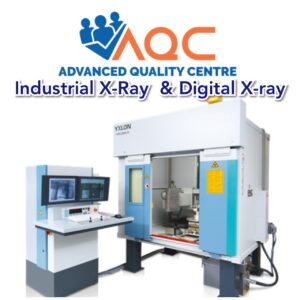
Phased Array Ultrasonic Testing (PAUT) is an advanced Ultrasonic Testing method in which multiple sound emitting elements, arranged in such a manner that it sends sound at different angles and different timings. The received sound gives more detailed view of the defects.
Accoustic Emmision Testing (AE) -uses sensors which monitors minute elastic deformation in material, it carried out during testing and in service.
Visual Testing (VT) -is the process of visually inspecting the material for defects, some times additional aids like mirrors, boroscopes and automated systems are used.
For any further information about Non Destructive testing , for material testing service, third party inspection service or training and certification for Non Destructive Testing Methods visit https://aqcinspection.com/
Visit our technical and career updates at our Blog site https://advancedqualitycentre.blogspot.com . https://ndtcenter.blogspot.com our website https://aqcinspection.com/news-events/ for many more blogs to learn more.
